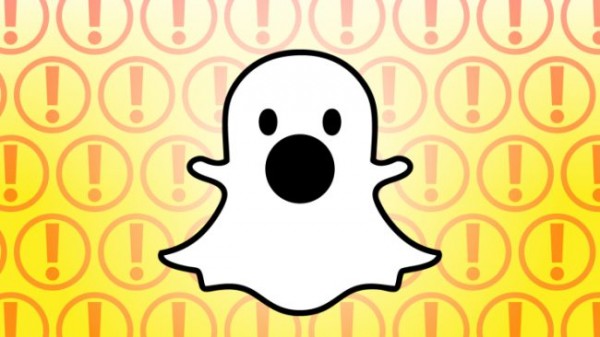
Snapchat’s new terms of use have been making waves on social media. Users of the instant messaging service have noted that the new terms of use grant the company a license to use their photos for just about anything it wants. The license also gives just about the same permissions to Snapchat’s business partners as well.
The new terms of use followed a recent update to the Snapchat app. Actor Kal Penn was one of the first users to express his concern with the new wording. He advised his followers on Twitter to carefully read the new legal terms before accepting them, saying that it has some “scary stuff in there”.
https://twitter.com/kalpenn/status/659829293762113537/photo/1
Penn was not wrong in pointing out just how disturbing the new terms happen to be. The second section informs users that they own all rights to the content that they create and share using Snapchat. However, it then goes on to say that these users are all granting Snapchat a perpetual license to “host, store, use, display, reproduce, modify, adapt, edit, publish, create derivative works from, publicly perform, broadcast, distribute, syndicate, promote, exhibit, and publicly display that content in any form and in any and all media or distribution methods.”
If that isn’t enough, Snapchat also has the power to access and delete any user content that it deems to have violated the terms of use. In other words, Snapchat is saying that you own whatever you post on Snapchat; but it is also saying that it can do whatever it likes with your content.

The real kicker is that Snapchat will also be storing some content for as long as it thinks is necessary. This doesn’t apply to messages between users, but rather for those posted for public viewing like My Story. The updated privacy policy makes it clear that Snapchat “may save them indefinitely and allow them to be viewed again through any of our services or third-party sources.”
There is a lot of content that is saved and stored for a service that supposedly allows your messages to self destruct after a short while. People might want to rethink using the service, considering that it doesn’t do what it promised to do at the beginning. These new terms of use are not exactly what some of us want to hear from people who handle our private information.
Follow us on Instagram, Facebook, Twitter or Telegram for more updates and breaking news.


